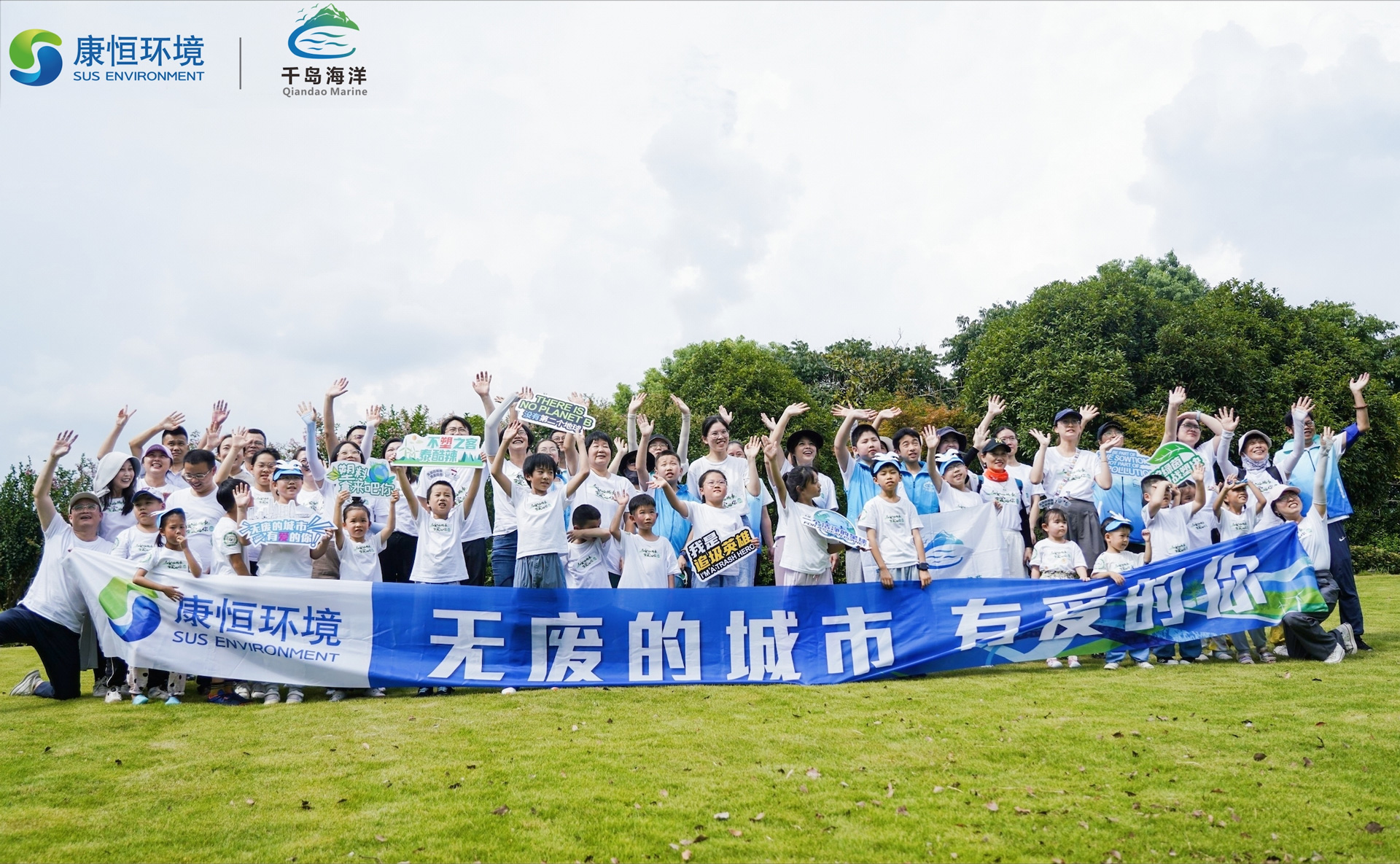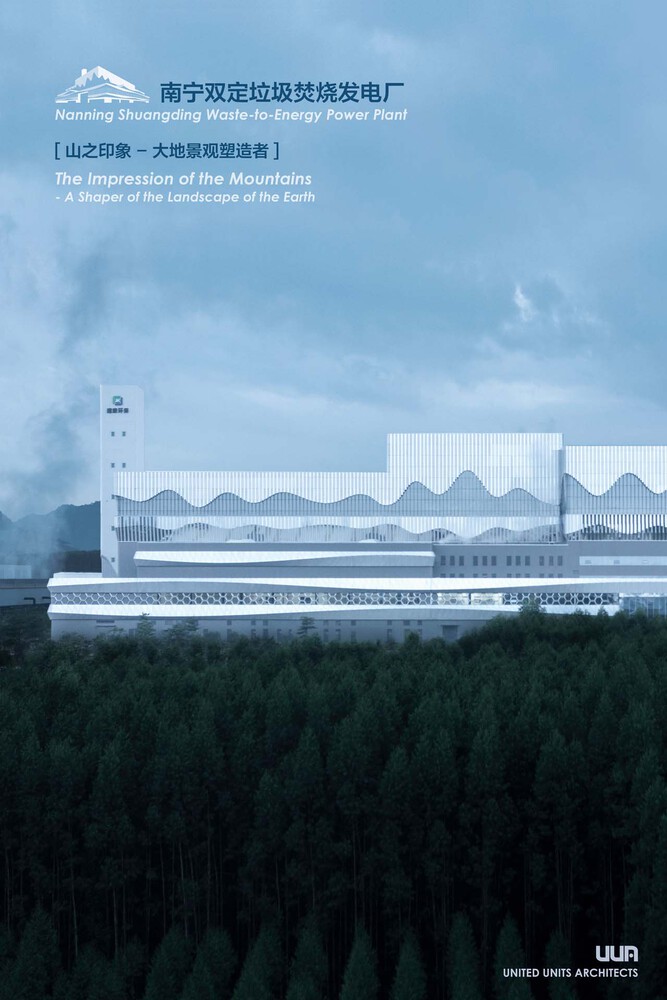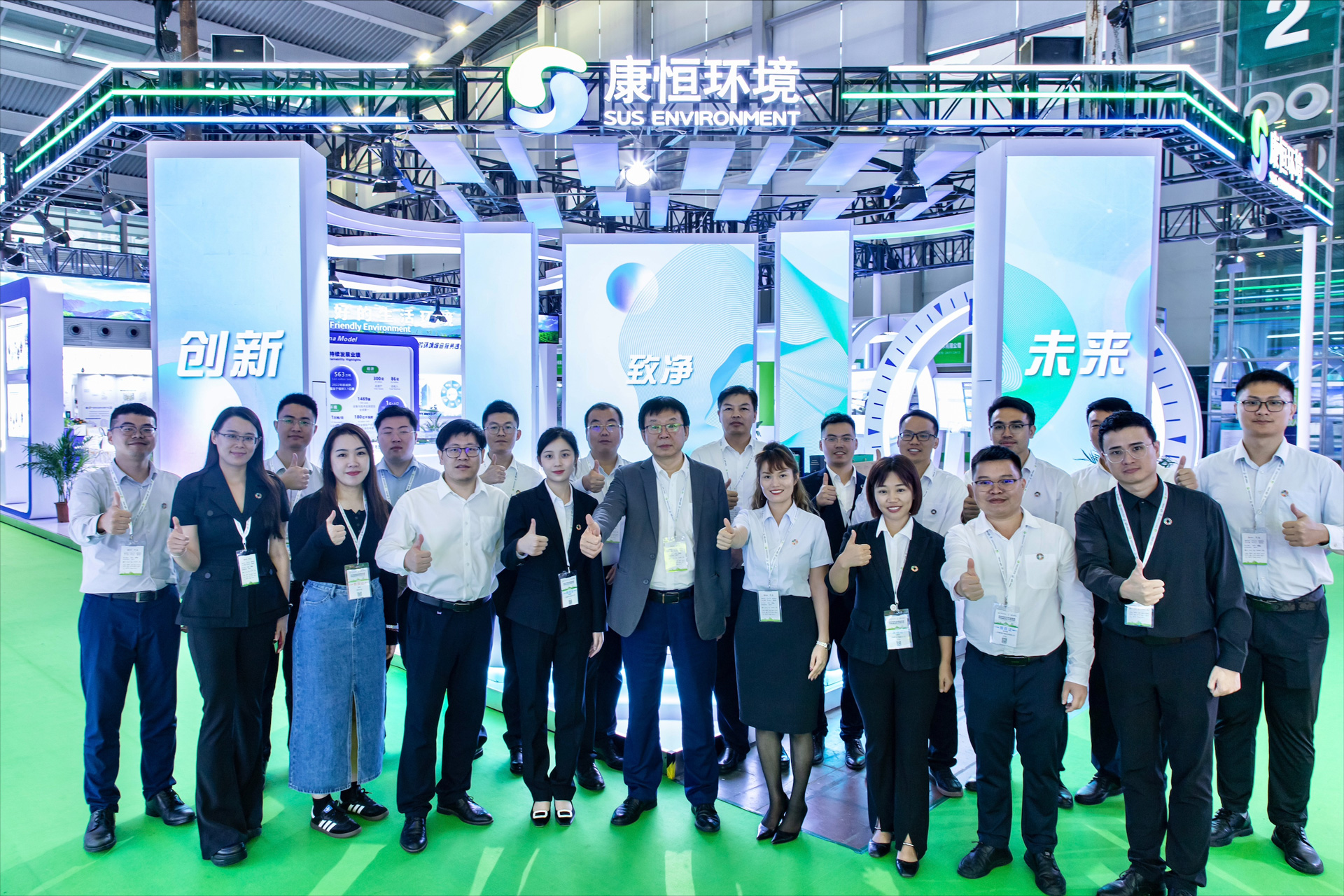UN-Habitat partners with Shanghai SUS Environment to advance sustainable waste-to-energy urban infrastructure

Nairobi, 7 February 2024 — The United Nations Human Settlements Programme (UN-Habitat) and Shanghai SUS Environment entered into a memorandum of understanding on 19 January 2024 to promote the development and delivery of sustainable waste-to-energy urban infrastructure projects.
The memorandum of understanding was signed by Mr. Neil Khor, Special Advisor, Office of the Executive Director, UN-Habitat, and Mr. Zhan Liang, General Manager, International Business Department at Shanghai SUS Environment.
Under the collaboration, UN-Habitat and Shanghai SUS Environment will jointly mobilize resources to strengthen private investment in waste-to-energy urban infrastructure projects in low- and middle-income markets. This will facilitate the preparation of bankable projects in markets that have traditionally struggled with the project preparation process, allowing for investment readiness.
Mr. Neil Khor asserted: “The clock is ticking on sustainable waste management for cities globally. This partnership is a declaration of action to pioneer a clean energy future and accelerate the global transition away from fossil fuels.”
Mr. Liang said: “SUS Environment, with nearly 20 years of experience and technical prowess in the waste-to-energy sector, is committed to tackling the increasing challenges of waste management and energy insecurity across the region. We stand ready to continue the journey to deliver solutions for a just transition towards a circular economy for all.”
The collaboration will guide the project preparation process for projects in the waste-to-energy sectors for the Cities Investment Facility (CIF]) – a multi-stakeholder initiative providing assistance for project preparation with the aim of unlocking private capital in urban infrastructure projects.
As the largest solid waste incinerator supplier and leading developer of one-stop integrated environmental solutions in China, SUS Environment has successfully implemented over 80 projects in Asia, with a total capacity of 110,000 tons daily. A fully operated project can significantly reduce local greenhouse gas emissions by generating 18 billion kWh of clean electricity and providing reliable energy to more than 7.2 million households annually.
Rapidly growing economies and urban areas mean that there are immense challenges in managing waste effectively. By unlocking private investment and equipping cities with the tools they need to excel, UN-Habitat and Shanghai SUS Environment are seeking to generate sustainable waste management practices that ultimately support the principles of a circular economy, emphasized at COP28.
-END-


About Shanghai SUS Environment
Shanghai SUS Environment’s project design philosophy, centered on community well-being and eco-friendliness, has been recognized with multiple international awards, including Gold Award winner in the architecture category at A’Design Awards and Competition (Italy), winning in the Infrastructure and Transportation Architecture category at DNA Paris Design Awards (France), and nomination in the Sustainable Green Living category at International Design Awards (IDA) (US), among others. Committed to this path of innovation and sustainability, SUS Environment aims to lead the way in creating a greener, more resilient future in the region and beyond.
About UN-Habitat
UN-Habitat is the United Nations entity responsible for sustainable urbanization. It has programmes in over 90 countries that support policymakers and communities to create socially and environmentally sustainable cities and towns. UN-Habitat promotes transformative change in cities through knowledge, policy advice, technical assistance, and collaborative action. To know more, visit www.unhabitat.org or follow us on X @UNHABITAT.
For further information, contact:
Erastus Ndugire
Programme Coordinator
Cities Investment Facility, UN-Habitat
